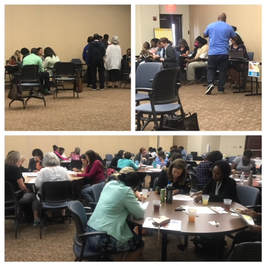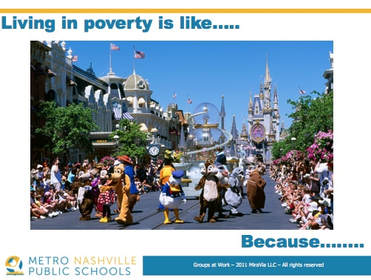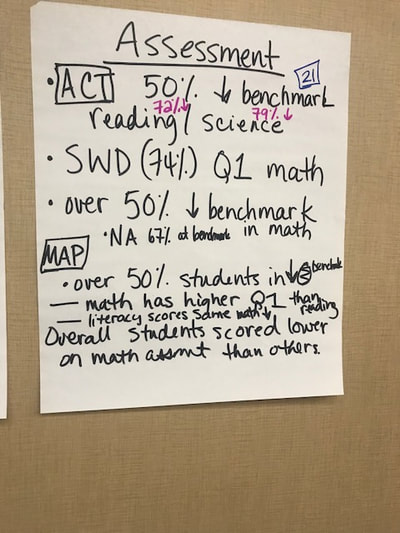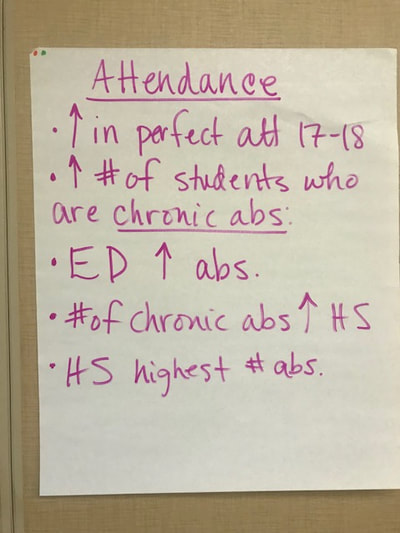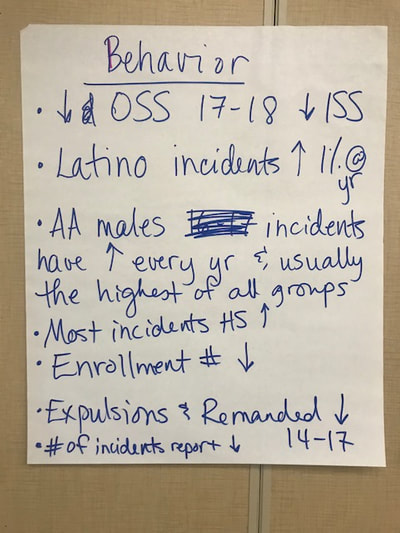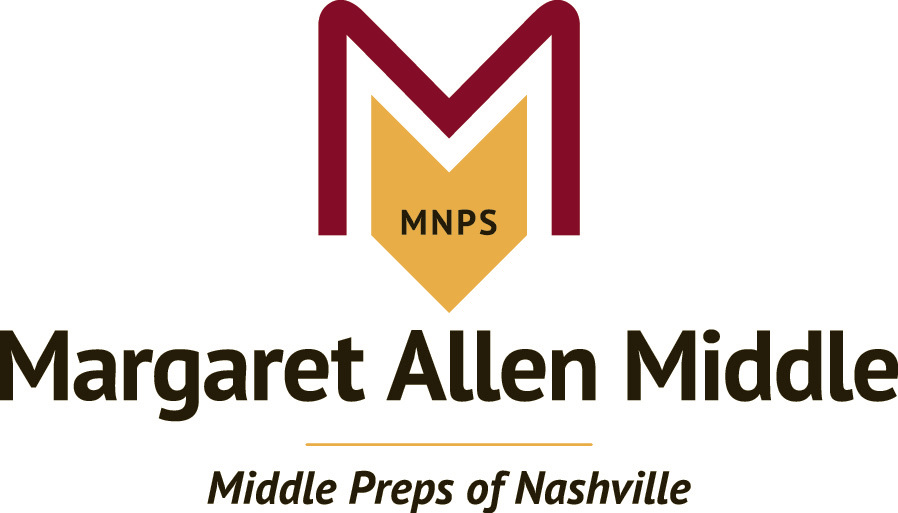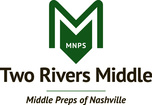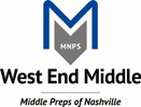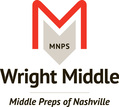Central Office Staff
Poverty Simulation Follow-Up Meeting
October 5, 2017
|
Several cental office staff participated in the MNPS Poverty Simulation on the morning of October 5, 2017. Afterwards, staff participated in a follow-up meeting where the collaborative inquiry process was used to analyze multiple sources of data and discuss actions to stop, continue, and start for supporting student success.
| |||||
Activating and Engaging
Visual Synectic
|
Discussion Points
Discussed for us it was a simulation, for some it’s a reality.
|
Exploring and Discovering
Data Warehouse Reports
Several MNPS Data Warehouse reports were reviewed and observations made.
- Assessment Data—MAP & ACT
- Attendance Dashboard—current and past 3 years
- Behavior Dashboard—current and past 3 years
- Poverty Simulation Experience
STOP
|
CONTINUE
|
START
|
Exit Slip Reflection--What actions might you take as a result of our time together?
|
|
Meeting Feedback--How was the Meeting?
Plus
|
Suggestions for Improvement
|
|
|
